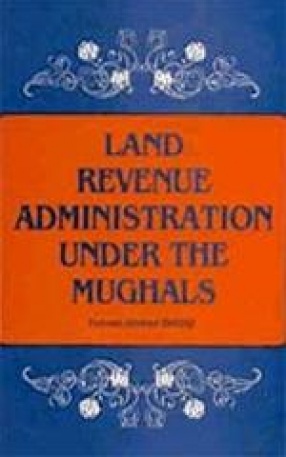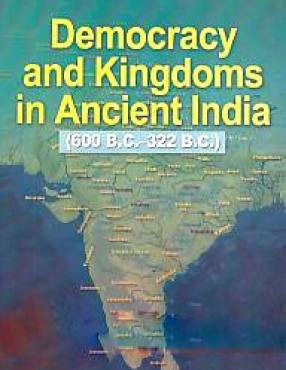The Mughal Empire of the great Mughals always evoked stock images of splendour, and scores of authors wrote volumes on it. But only a dedicated few like Dr. Noman Ahmad Siddiqi took enormous pains to analyse and interpret the infrastructure of the Mughal Empire-the contemporary land administration and agrarian institutions. In this book, Dr. Siddiqi probes into the conflicting, but not mutually exclusive, rights and interests involved in the landholdings under the Mughals. With Clarity and understanding, he analyses the administrative practices of the Mughals. Referring to a mass of patiently collated data, Dr. Siddiqi shows how the Mughal administration sought to lessen or resolve the contradictions inherent in the land-revenue system. The stability of the Mughal government, the oriental extravaganza of power and the magnificence of the successive emperors, all, Dr. Siddiqi holds, rested on the success of agrarian administration-the base of the many-splendoured Mughals. This well-documented study delineates the decline of the Mughal opulence that came in the wake of a breakdown in the land administration. The overwhelming increase in the number of jagirdars, who claimed shares in the surplus produce, accelerated the pace of disintegration. Dr. Siddiqi’s treatment of the working of the institutions of the zamindari, revenue-assignments and revenue-free-grants is characterised by the unyielding objectivity of a trained historian. His exposition of the social and economic role of the zamindars and madad-maash holders is a valuable contribution to our understanding of the land-relationship in the Mughal Empire.
Astonishing Facts History
$18.00
$20.00





There are no reviews yet.